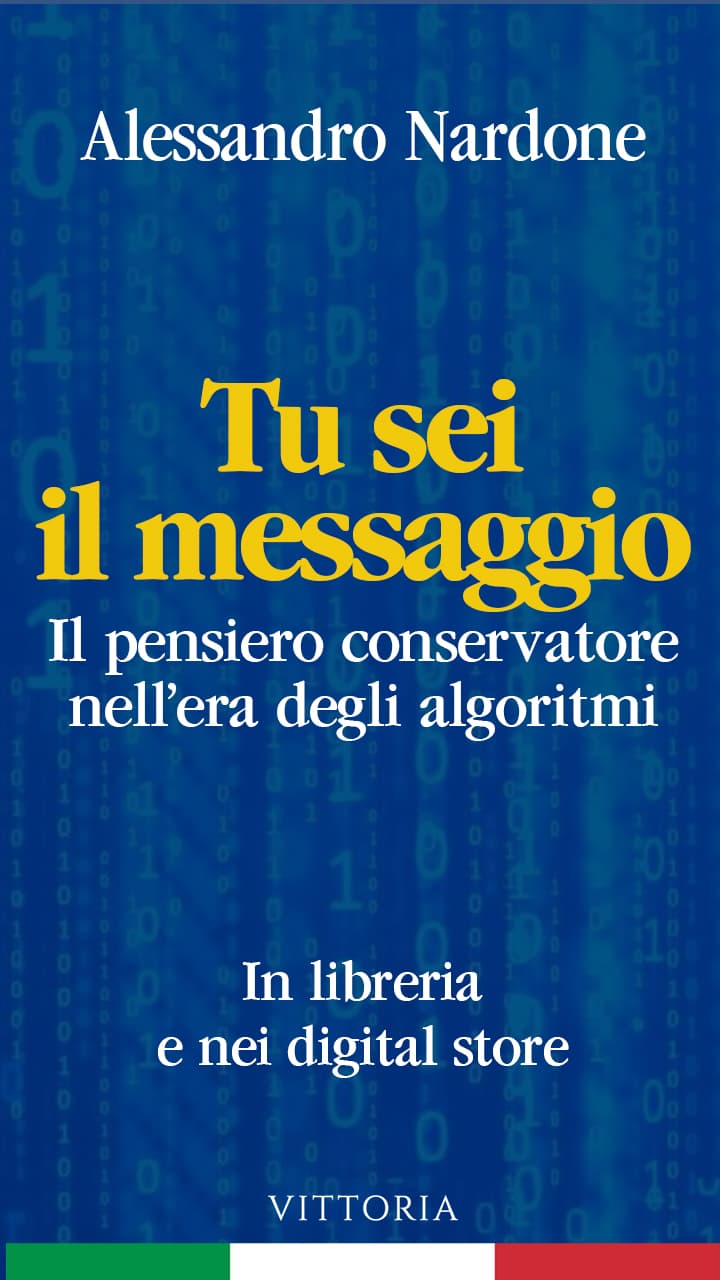Would you let relatives and friends to read your WhatsApp? Would you publish the browser history? What about your bank statement, your very private emails? Obviously not, but in Italy privacy does not matter to anyone. We must say it straight out, because otherwise we couldn’t explain so much indifference about Edward Snowden’s revelations. I’ve been telling his story to thousands of people of all ages in many public meetings, but only a few of them actually knew him.
And yet, this young man sacrificed his personal freedom to show us how our freedom has been reduced to a sort of optical illusion, because there is someone who spies on us 24 hours a day and has the power not only to listen to our conversations and read what we write, but also but also to enter in all our devices and spy on us through the camera or browse through our files «Which means that if you’re reading this now—this sentence—on any sort of modern machine, like a smartphone or tablet, they can follow along and read you. They can tell how quickly or slowly you turn the pages and whether you read the chapters consecutively or skip around. And they’ll gladly endure looking up your nostrils and watching you move your lips as you read, so long as it gets them the data they want and lets them positively identify you.»
Those who ignore that saying they have nothing to hide are totally wrong, in facts Snowden rightly argues that “it’s no different than saying you don’t care about free speech because you have nothing to say”
This last chapter of Snowden’s battle (he is living in Russia at the moment) is Permanent Record, a book that recalls every step of his existence: from the first steps of the digital revolution to the decision to disclose over 13 thousand top-secret documents of the National Security Agency (NSA), where, at that time, he used to serve as an external IT technician. The author himself explains the title of the book because «We are the first people in the history of the planet for whom this is true, the first people to be burdened with data immortality, the fact that our collected records might have an eternal existence. This is why we have a special duty. We must ensure that these records of our pasts can’t be turned against us, or turned against our children.»
We are all intercepted
Edward Snowden truly served his Country, but when he discovered the NSA was spying on us all without asking any permission, violating not only the American Constitution, but also UN fundamental rights, he began to experience a very painful inner conflict, which made him wondering every single day «where these new technologies were headed» and, consequently, to acknowledge that «if my generation did not intervene the escalation would only continue. It would be a tragedy if, by time we finally resolved to resist, such resistance were futile».
The paradox of tools that make us feel free as we have never been before but that, at the same time, control us like never before, it would have been much more serious without the knowledge we have acquired thanks to the sacrifice of Snowden, since «the generations to come would have to get used to a world in which surveillance wasn’t something occasional and directed in legally justified circumstances, but a constant and indiscriminate presence: the ear that always hears, the eye that always sees, a memory that is sleepless and permanent»
We are all potential criminals
What a pity if, as said at the beginning, the majority of connected humans became accustomed to this system, where «once the ubiquity of collection was combined with the permanency of storage, all any government had to do was select a person or a group to scapegoat and go searching—as I’d gone searching through the agency’s files—for evidence of a suitable crime.»
If you like it or not, this is exactly what happens now, in a society that has been structured to control any of our actions, using the two most widespread attitudes: people who are completely uninterested in their privacy and therefore feed the net with anything that concerns them without thinking; and the minority which is, instead, sensitive to the problem and, feeling controlled, limits its own behaviors avoiding saying their ideas in order to not to pay the consequences.
In this situation, Snowden rightly points out that we are all potentially guilty of something, and therefore, at any time, “accusable”: «most of our lives, even if we don’t realize it, occur not in black and white but in a gray area, where we jaywalk, put trash in the recycling bin and recyclables in the trash, ride our bicycles in the improper lane, and borrow a stranger’s Wi-Fi to download a book that we didn’t pay for. Put simply, a world in which every law is always enforced would be a world in which everyone was a criminal».
A planned system where “control” rhymes with “power”, regardless of the side effects, as it is very clear that something «that is devastating for the public can be, and often is, beneficial to the elites».
The book in numbers
Very interesting, as well as explanatory, is analyzing the 347 pages of Permanent Record through its numbers, drawing up a ranking of the most used words. At the top of the list is the acronym “NSA”, repeated 150 times, immediately behind, with 136 quotes we find the word “data”, while at 129 on the third step of the podium there’s “computer”. At fourth place we find “internet” with 101 mentions, and then “surveillance” with 93. If up to here everything is normal, Lindsay, named 91 times, deserves a special mention: that’s the name of Snowden’s girlfriend, to whom, between the lines of the book, he gives his love and sorry for what he made her suffer. Mocking are the cases of “freedom” and “power”, paired at 44 mentions each, then “privacy” with 33 and the date of 11 September, which the author repeated 25 times, demonstrating the centrality of that day in the mass-surveillance system’s implementation of which today we are all aware.
Well, if a debate started, pushing governments around the world and BigWeb Companies to seriously address the issue of privacy; if the then President Obama extended the right to allied countries; if today even the data of those who do not care about anything are a little safer, well, we must say thanks to Edward Snowden, who gave up everything six years ago without asking anything in return.



























